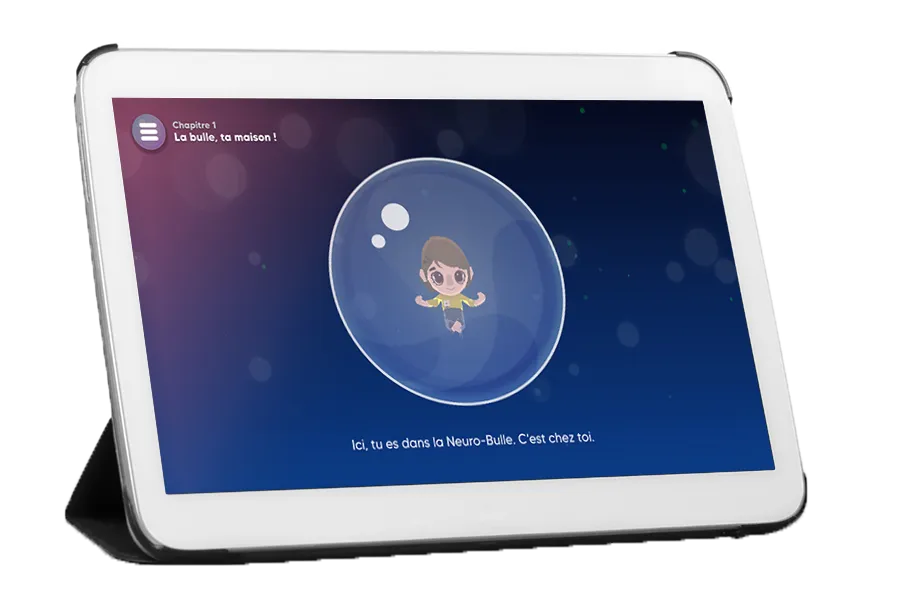The benefits of sport for children’s brains
- Controlling stress and emotions: physical exercise can help regulate cortisol levels in children, a hormone often associated with stress. This hormonal control helps reduce feelings of stress and frustration, providing a more serene brain environment.
- Boosting happiness: As with adults, physical activity releases endorphins in children. These “happy hormones” help to establish a more positive and joyful state of mind.
- Fitter and better at school: exercise not only improves physical fitness, it also develops children’s powers of concentration and attention – essential skills for success at school!
- Stimulation of creativity: sport helps oxygenate the brain, which can encourage creativity. A very useful “Soft Skill”, whether for developing imaginative thinking or for artistic and academic activities.
✏ Note: Sport works like a Swiss Army knife for children’s brains. It helps to keep their stress levels under control, improve their mood, increase their ability to concentrate and stimulate their creativity.
Sport and neuroplasticity in children
Children’s brains are particularly plastic, i.e. capable of creating new neuronal connections with great ease. Sport is a fantastic tool for stimulating this neuroplasticity, at an age when the brain is in full development.
By engaging in new activities and training, children create and strengthen new neuronal connections. These connections can in turn have an impact on the learning of other skills. In short, sport also helps to “muscle” the brain!
Happiness hormones
When it comes to sport and well-being, endorphins often steal the show. This hormone acts as a natural analgesic, providing a sense of well-being. But it’s not the only one! Other hormones such as dopamine, serotonin and oxytocin join the party.
- Endorphin: acts as a natural painkiller and mood booster
- Dopamine: activates the reward circuit and motivation
- Serotonin: contributes to mood balance
- Oxytocin: promotes trust and social bonding
💡 Baba’Tip:
To maximize the release of “happy hormones”, organize dynamic, fun games and exercises, such as skipping rope, dodgeball or little soccer matches (it’s always more motivating to chase a ball!). ⚽
The impact of sport on school memory and brain development
Regular physical exercise can have a positive effect on children’s memory and learning abilities. These benefits are in part linked to improved blood circulation in the brain, favoring a better supply of neurons.
Sport and sleep
Sport can help regulate children’s sleep patterns, reducing stress and improving sleep quality through better regulation of hormones such as serotonin and melatonin. 🌙
However, as with adults, it’s advisable to avoid intense physical activity just before bedtime. This can have a stimulating effect and make it difficult to fall asleep.
To each his own rhythm!
Children of all ages can benefit from physical activity. From simple outdoor games to team sports: every step counts.
From their very first steps, free-motor activities help toddlers discover their environment and develop their coordination. As they get older, children can be introduced to more organized sports. These activities not only build endurance and physical strength, but also teach essential social skills such as teamwork, discipline and respect for rules.
For teenagers, sport can be an excellent way of coping with the stress of schooling and hormonal changes. Whether it’s running, cycling or more competitive team sports, the important thing is to find an activity that appeals to them and matches their level of development.
Babaoo recap!
Sport plays a vital role in your children’s cerebral development. It helps them manage stress better, improves their state of mind, stimulates concentration and enhances creativity. So… why not encourage them to get active today?
Happy sport to all young athletes! 🏃 🧠





